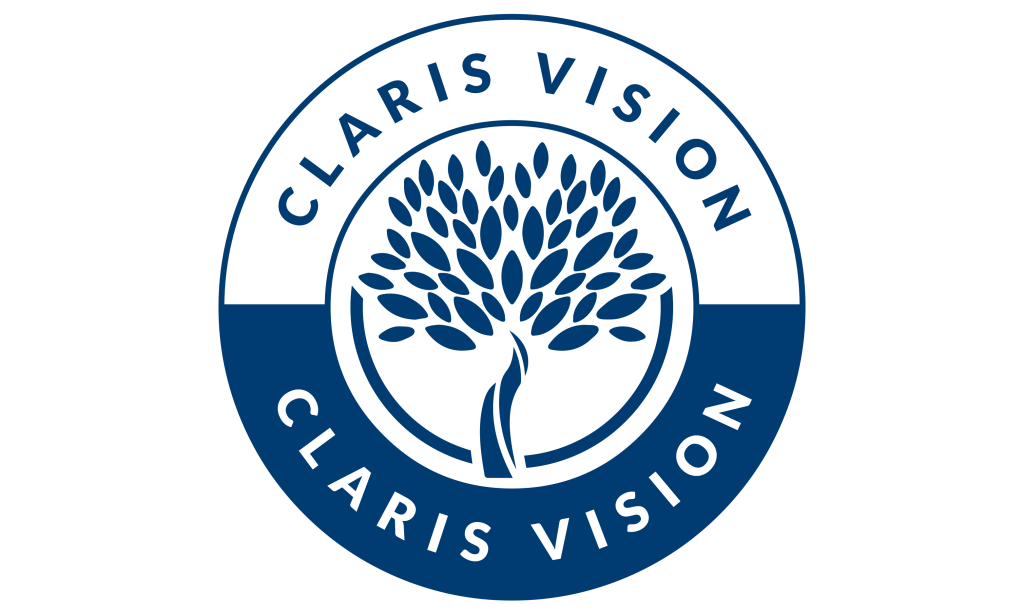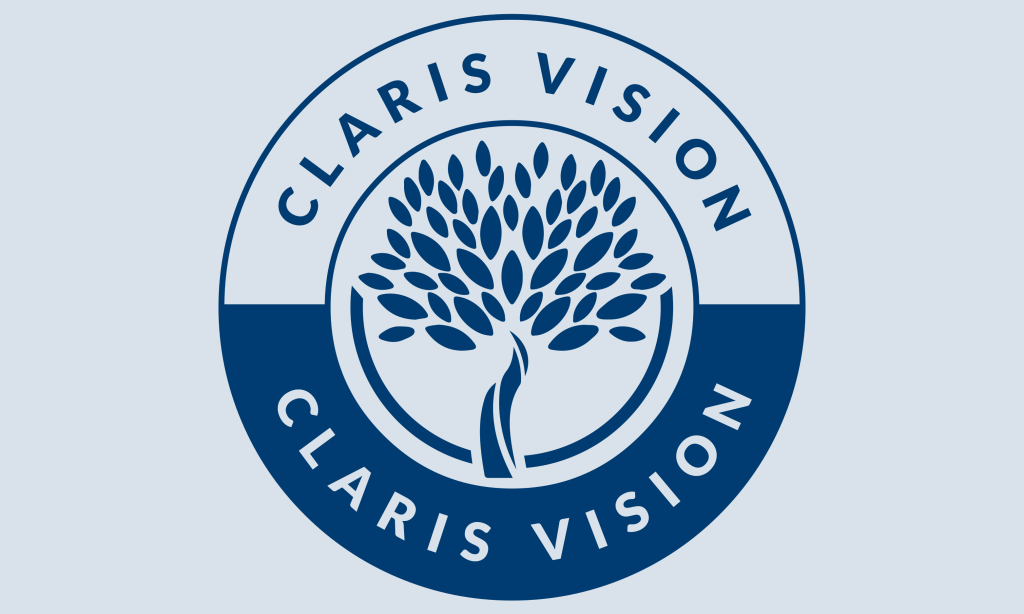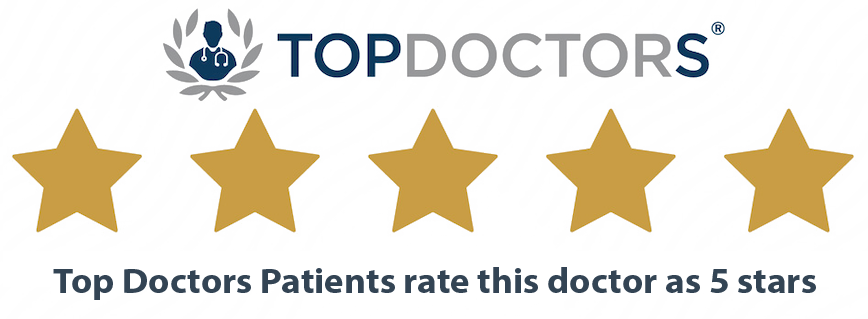Nuffield Health Wessex Hospital is a leading private hospital located in Chandlers Ford, Eastleigh (SO53 2DW), just a short drive from Southampton. Known for its modern facilities and high-quality care, the hospital serves patients from across Hampshire and the South of England. It offers a wide range of services including ophthalmology, orthopaedics, urology, and diagnostic imaging, all delivered in a calm and professional setting.
The ophthalmology services at Nuffield Health Wessex Hospital are well-established and supported by advanced diagnostic and surgical equipment. The department is home to experienced consultant ophthalmologists who specialise in various subspecialties including cataract and refractive surgery, corneal disease, and laser vision correction.
Mr Aris Konstantopoulos is a consultant ophthalmic surgeon who runs a refractive and laser eye surgery clinic at the hospital. He specialises in conditions affecting the front of the eye, including the cornea and lens. His expertise lies in helping patients achieve their best possible vision, most often with no dependence on glasses, through laser eye surgery procedures such as LASIK, SMILE, PRESBYOND, and refractive lens exchange (lens replacement).


